Posted on 12/19/2025
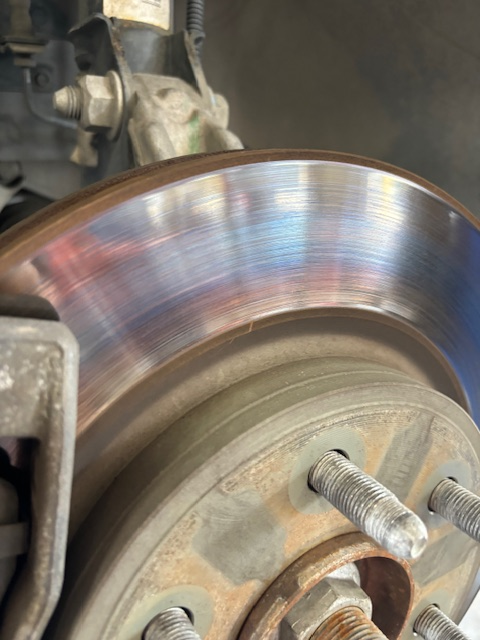
Your vehicle’s brake system is one of its most important safety features, and brake rotors play a major role in how well your car stops. When it’s time for a brake service, many drivers ask the same question: Should brake rotors be resurfaced, or do they need to be replaced? The answer depends on their condition, thickness, and overall wear. Let’s break down the difference and help you understand when each option makes sense. https://www.youtube.com/watch?v=qa9qsURR9_E What Do Brake Rotors Do? Brake rotors work with your brake pads to slow and stop your vehicle. When you press the brake pedal, the pads clamp down on the rotors, creating friction. Over time, this friction causes wear, heat stress, and surface imperfections. When Brake Rotors Can Be Resurfaced Resurfacing (also called machining) involves removing a thin layer of metal from t ... read more
Posted on 12/10/2025
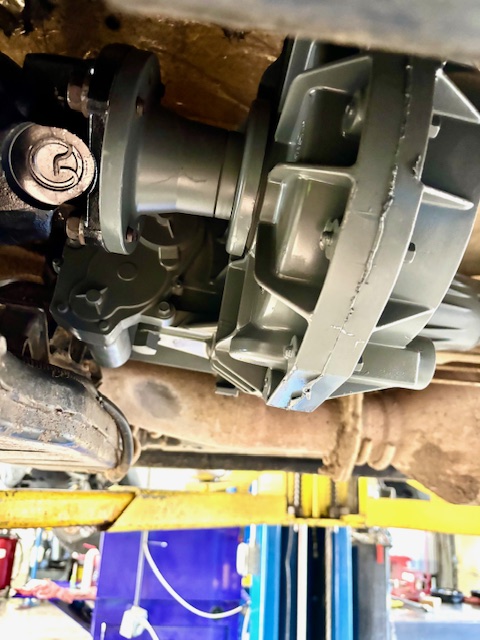
Double Cardan Joint Failure: What It Is and What It Can Damage If you drive a 4x4 or a vehicle with a lifted suspension, chances are your driveline uses a double cardan joint—a heavy-duty version of a universal joint (U-joint) designed to reduce vibration and handle steep driveline angles. While these joints are durable, they’re not indestructible, This week we had a 2009 Dodge Ram and this customer find out just how much can be damaged when this joint fails. When a double cardan joint fails, it can cause serious drivability issues and even damage major surrounding components. Here’s a breakdown of what the double cardan joint does, how it fails, and the parts that can be affected when it does. What Is a Double Cardan Joint? A double cardan joint, sometimes called a CV-style U-joint, uses two U-joints and a centering mechanism to keep the driveline operating sm ... read more
Posted on 10/1/2025
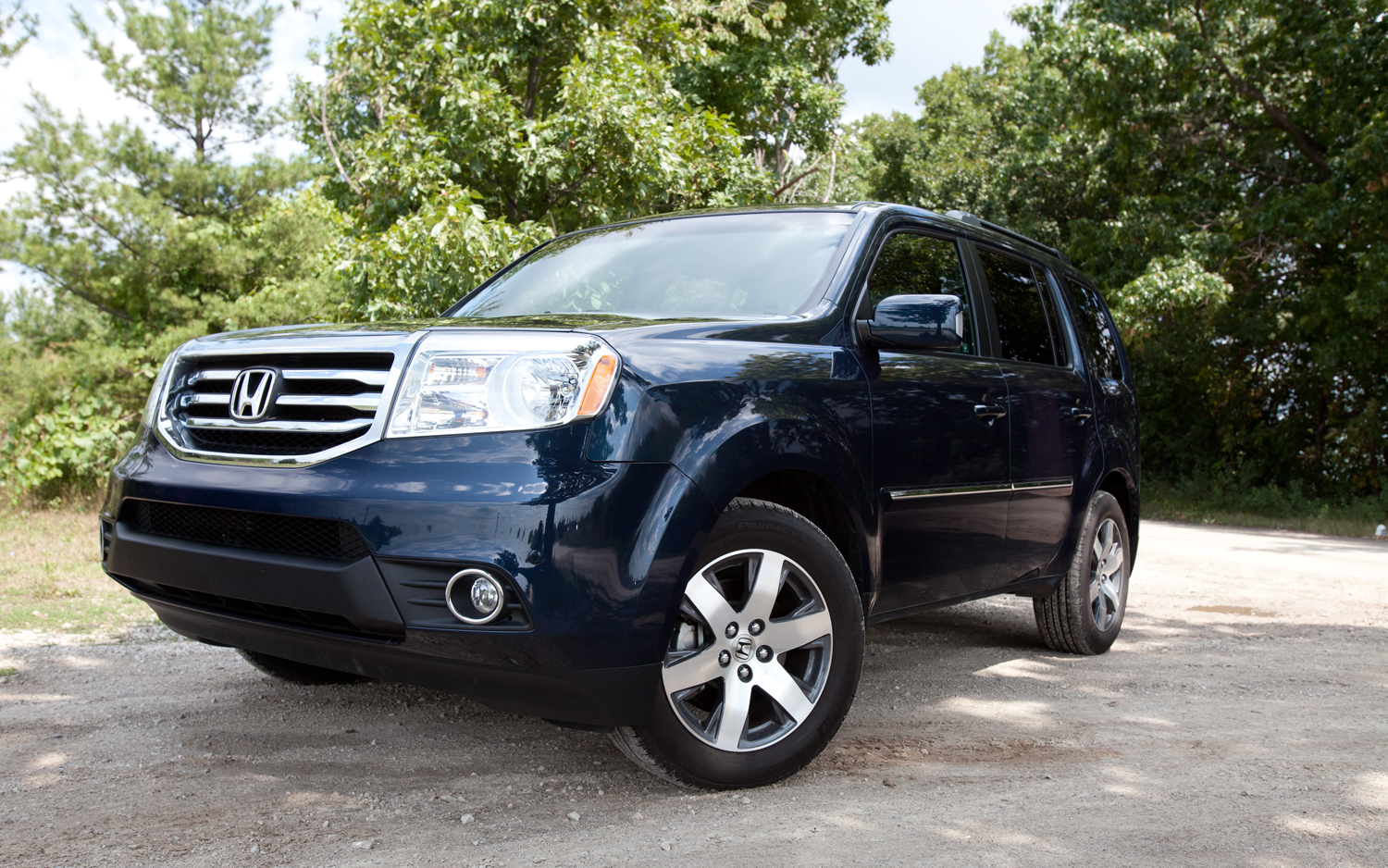
If you’ve noticed a popping or clicking sound when driving your Honda Pilot, especially while turning or accelerating, it could be a sign of an issue with your CV (constant velocity) axle. In SUVs like the Pilot, CV axles are critical components that transfer power from the transmission to the wheels while also allowing flexibility for the suspension’s up-and-down motion. Because Honda Pilots are larger, family-friendly vehicles often used for road trips, commuting, and sometimes towing, their CV axles endure significant stress. Over time, wear and tear can cause these parts to develop issues that present as popping or clicking noises. Addressing the problem early can prevent further damage and keep your Pilot safe and reliable. Common Causes of CV Axle Popping in a Honda Pilot 1. Worn or Damaged CV Joints One of the most common reasons Honda Pilot owners hear popping sounds ... read more
Posted on 7/23/2025
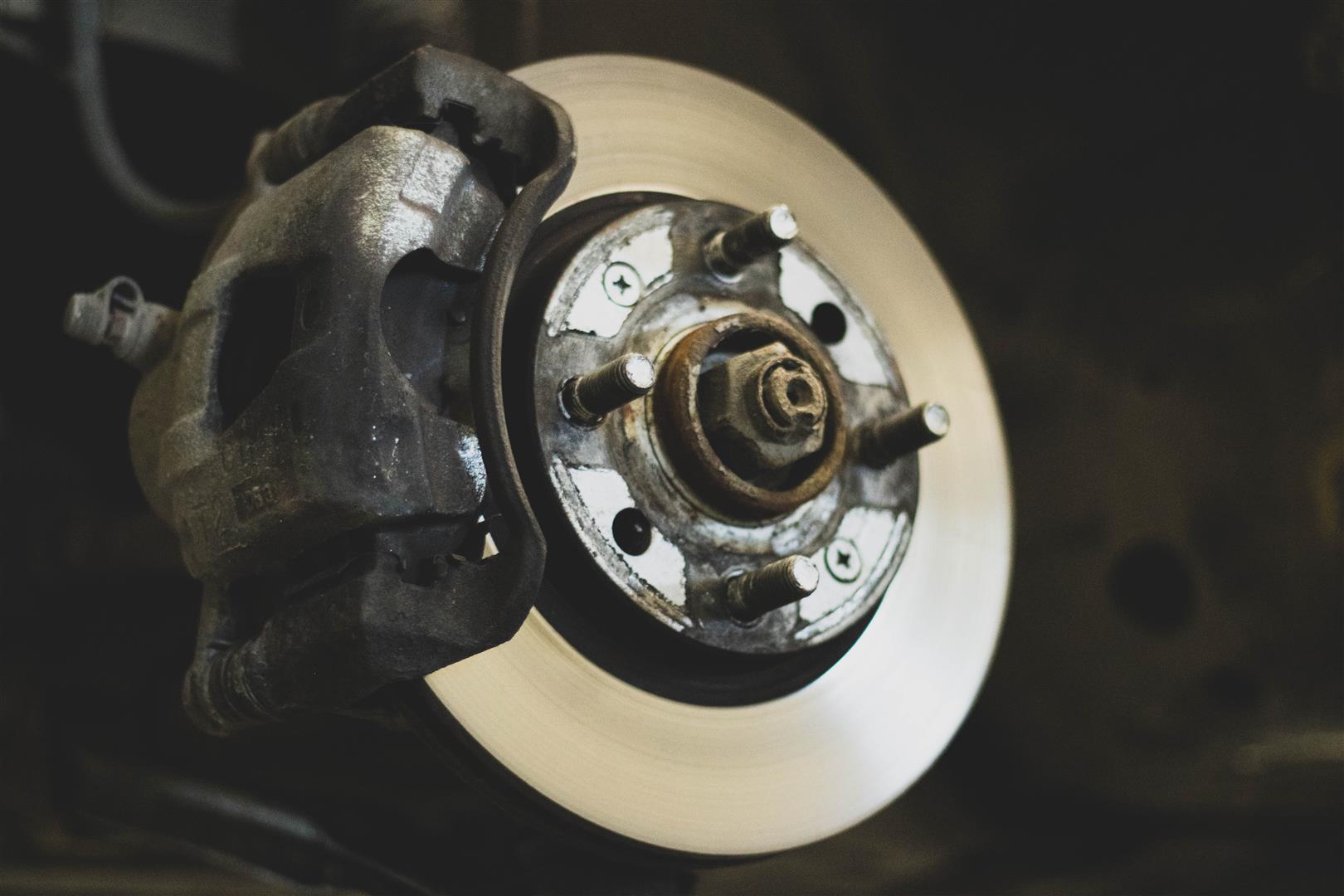
Why Your Vehicle Shakes While Braking (And Whether Rotors Can Be Resurfaced or Need Replacing) Experiencing shaking or a pulsation in your vehicle when applying the brakes can be unsettling—and it’s often a sign that your brake rotors are warped or uneven. Here's a breakdown of why this happens, what "thickness variation" means, and when you can resurface versus needing a full rotor replacement. 1. Why Does the Car Shake When Braking? A common culprit behind steering wheel or pedal vibrations during braking is warped brake rotors. As rotors wear unevenly from heat and friction, they develop high and low spots that cause the brake pads to apply uneven pressure. This results in a noticeable shaking sensation through the steering wheel or brakes . 2. Understanding Rotor Thickness Variation (DTV) ... read more
Posted on 5/14/2025
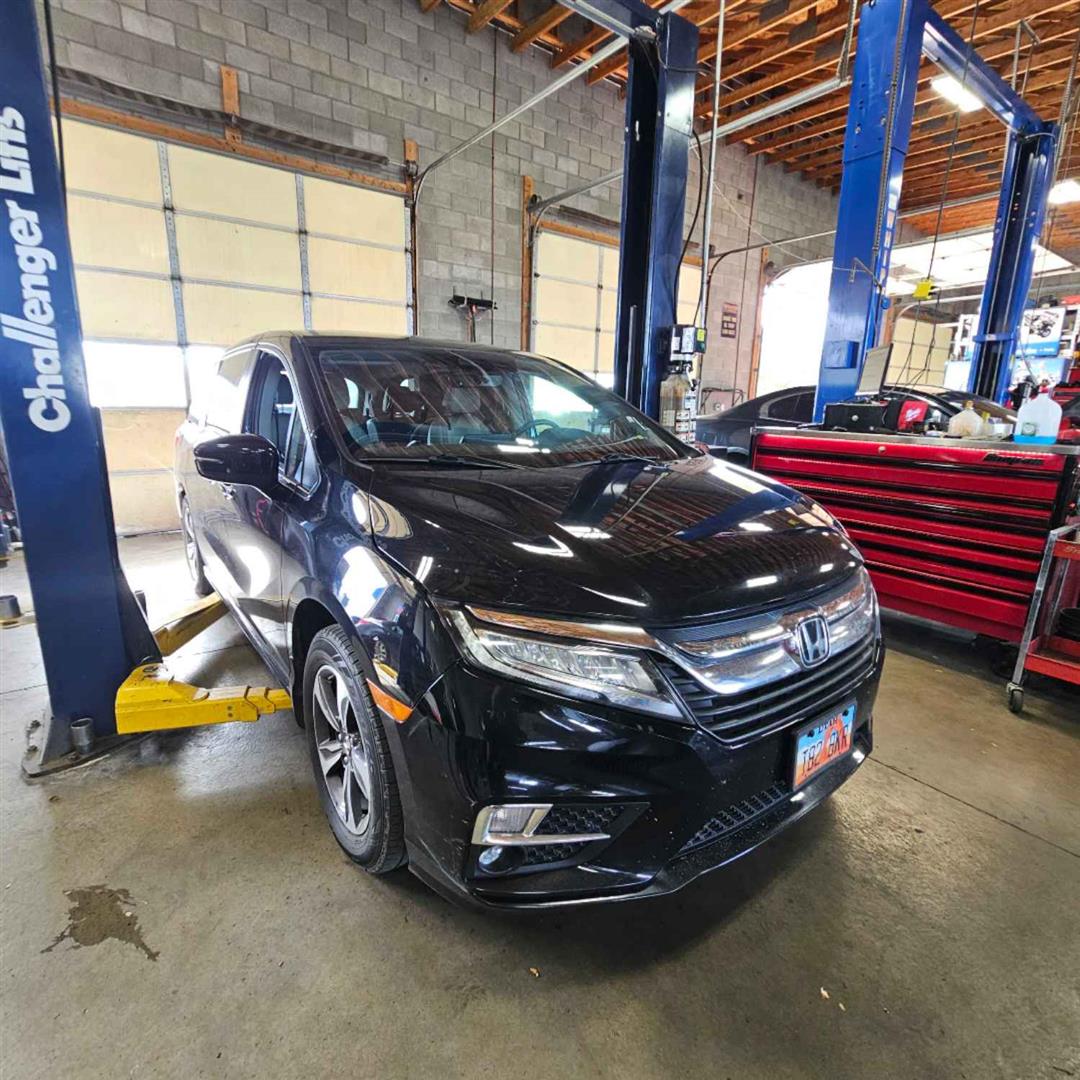
If you're hearing a popping or clicking noise when turning or accelerating in your 2018 Honda Odyssey, it could be a sign of trouble with your CV (constant velocity) axle. This component plays a vital role in delivering power from the transmission to your front wheels while allowing for the movement of the suspension—something especially important in a front-wheel-drive vehicle like the Odyssey. Common Causes of CV Axle Popping in a Honda Odyssey One of the most common reasons for that popping noise is a worn or damaged CV joint. The CV joint in your Odyssey is designed to bend and rotate while maintaining consistent power delivery. It’s protected by a rubber boot filled with grease. Over time, this boot can crack or tear, allowing dirt and moisture to get in and grease to leak out. When that happens, the joint wears down—and that’s when you start to hear clicking or popping sounds, especially during sharp t ... read more